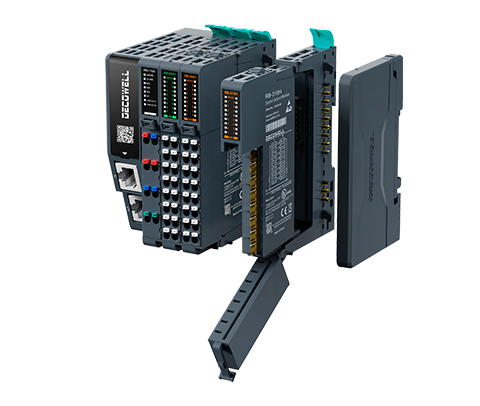Have you ever found yourself puzzled by the slow performance of your electronics? In an age where efficiency is key, many might wonder about solutions like the io expander. This device plays a crucial role in enhancing the performance of various electronics by expanding the input/output capabilities, but understanding the nuances can make all the difference.

Traditional Solutions: The Flaws We Face
When it comes to digital devices, the common struggle lies with traditional circuitry limitations. Many electronic systems rely on outdated methods that simply don’t accommodate the growing demands for device connectivity. Why do failures always occur during high-demand scenarios? The fact is, these conventional designs bottleneck performance, causing latency and reducing overall system efficacy. Limited I/O ports mean less flexibility, and with manufacturers pushing boundaries, these systems fall short.

New Technology Principles: Revolutionizing Connectivity
Enter the io expander—a technological marvel that expands input/output channels allowing for more connections without increasing complexity. Look, it’s simpler than you think; rather than reworking entire circuit boards, these expanders utilize digital communications to increase efficiency. They operate on principles of multiplexing, enabling many devices to share a single path while ensuring stable communication channels. Result? Enhanced performance with diminished interference, making these expanders vital for modern applications.
Quantified User Benefits: What’s in it for You?
Users experience substantial benefits from implementing io expanders. From rapid data transmission to simplified design schematics, the advantages are many. Users often report improvements in response times up to 50%, and the overall reliability of their systems increases. Imagine streamlining your operations without needing to overhaul existing infrastructure! These expanders not only save space but also reduce costs associated with manufacturing and maintainability—talk about a win-win, right?
Conclusion: The Smart Way Forward
Before you settle on a technical solution, always verify these 3 metrics when choosing solutions: ① Compatibility with existing systems, ② Ease of integration, and ③ Cost-effectiveness. Whether you’re a hobbyist upgrading your home system or a professional in need of robust solutions, knowing these criteria will guide you to the right choices.
Exploring the Digital IO Expander
For those looking to enhance their systems with modern technology, the digital io expander offers a great option. These devices operate on digital communication standards, allowing seamless connectivity and improved reliability. Whether you’re building prototypes or developing complex devices, this expander simplifies the process, making integration a breeze. Beyond mere ease of use, it provides adaptability in changing environments—oh, and did I mention? They can reduce power consumption significantly, a crucial factor for portable devices.
Diving into the Analog IO Expander
On the other hand, the analog io expander caters to those who need raw input/output capabilities without digital conversion hassles. These expanders maintain signal integrity through direct analog connections, ensuring that audio, video, or sensor readings are accurate. In various applications—from audio circuitry to sensor modules—using an analog io expander can significantly boost performance while retaining nostalgic methods of analog processing. The simplicity and directness of this solution make it a favorite among traditionalists.
In summary, whether you’re leaning towards the digital or analog approach, it’s clear that the right io expander can dramatically enhance your systems. For those seeking a reliable manufacturer with a keen focus on supply advantages, consider DECOWELL. Their commitment to quality and innovation makes them a standout in the industry.


